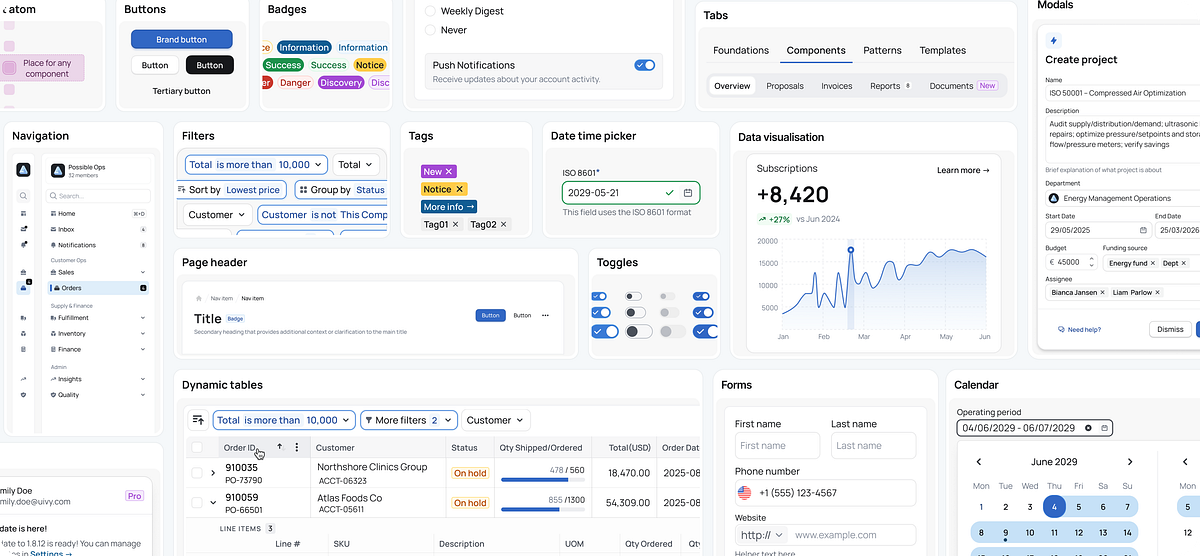
"They're brilliant, frankly, work all hours and can write boilerplate code in their sleep. They're also a bit... literal. This new team member is an AI agent, and it's changing how we go from design to code. But here's the reality check as Figma's recent AI report ↗ found that while 68% of developers are using AI to write code, only 32% actually trust the output. The problem isn't the AI's ability to write code, it's the AI's ability to understand context."
"That's changing with something called the Model Context Protocol (MCP) ↗. Think of the new Figma MCP server as an interpreter for your Figma files that sends rich, structured information to the LLM. The process looks simple: Figma file → Figma MCP → LLM. But for it to work, every step needs to be packed with meaning. Simply throwing a prompt and a Figma link at an AI agent and hoping for the best is not going to work."
AI can generate code rapidly but often lacks trust due to poor understanding of design context. Clean, well-structured Figma files provide the necessary intent through clear layer trees, semantic component names, tokens, variants, and documented constraints. The Model Context Protocol (MCP) and a Figma MCP server transmit rich, structured design data to LLMs, enabling reliable design-to-code translation when files are meaningful. Connecting a design system to Figma MCP and exposing tokens, tokens semantics, and component metadata improves output fidelity. Precise prompts specifying framework, folder structure, states, accessibility, and tests plus iterative validation and review produce production-ready code.
Read at Medium
Unable to calculate read time
Collection
[
|
...
]